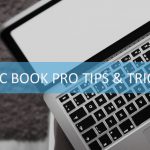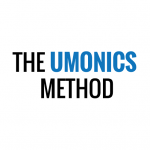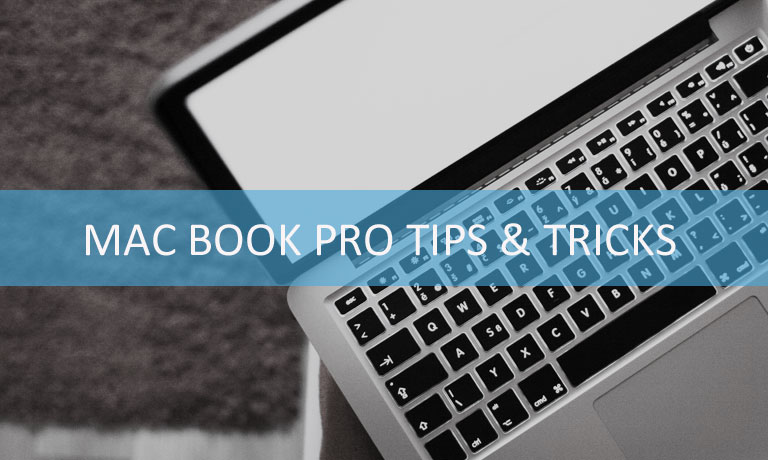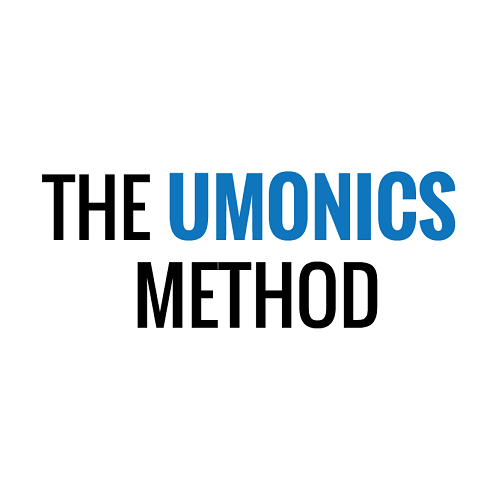Sancy Suraj, a memory expert and memory athlete from Singapore, has made a name for himself in the world of memory training and coaching. With six memory records under his belt and over 12 years of experience in memory techniques, Sancy has trained over 10,000 people worldwide in memory improvement techniques. He also represented Singapore at the World Memory Championships in 2011, where he showcased his impressive memory skills on a global stage.
In this article, we had the opportunity to sit down with Sancy and ask him ten questions about his career as a memory expert, his favorite memory techniques, and how memory improvement techniques can help people in their daily lives. Through his expert insights and personal experiences, readers will learn valuable tips and techniques for boosting brainpower and improving memory function.
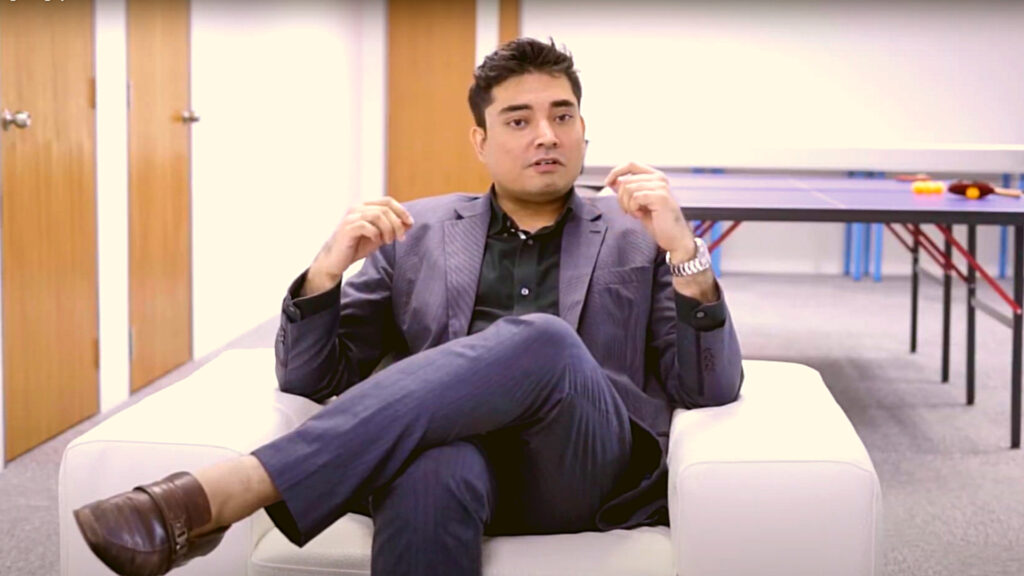
What inspired you to pursue a career as a memory expert, and how did you first become interested in memory techniques?
As a child, I always struggled with memorization and recall, which made me feel inadequate and frustrated. However, when I stumbled upon a book on memory techniques at a bookstore, it sparked my interest and gave me hope that I could improve my memory skills. From that point on, I began researching and practicing various memory techniques, which eventually led me to pursue a career as a memory expert. I realized that the ability to remember and recall information is essential in both personal and professional contexts, and I wanted to help others achieve the same level of confidence and success that I have experienced through memory improvement.
Memory improvement techniques can have a significant impact on people’s daily lives. From remembering appointments, phone numbers, and names, to recalling important information during presentations, meetings, or exams, memory skills are critical to success. In addition to improving practical skills, memory improvement techniques can also boost overall cognitive function and mental agility, leading to greater creativity, problem-solving ability, and productivity.
One of my favorite memory techniques is the method of loci, also known as the memory palace. This technique involves visualizing a familiar location, such as your home or office, and mentally placing items or information in specific locations within that space. By associating the information with specific locations, the brain is better able to recall the information when needed. Another technique is the use of mnemonic devices, such as acronyms or rhymes, to aid in memorization. These techniques can be adapted to suit individual learning styles and preferences.
To stay motivated and continually improve my memory skills, I set goals for myself and track my progress over time. I also challenge myself with new and more complex memory tasks, and I find inspiration and motivation from the success of others in the memory community. Lastly, I make sure to practice regularly and maintain a healthy lifestyle, as physical and mental health are closely linked.
Overall, one common misconception about memory improvement is that it requires an innate talent or exceptional intelligence. However, memory improvement is a skill that can be learned and developed through practice and training. Additionally, many people believe that memory techniques are time-consuming and impractical for daily use. However, with practice, memory techniques can become second nature and significantly improve memory and recall in everyday situations. In my coaching and training, I emphasize the accessibility and practicality of memory techniques and strive to make them accessible to people of all ages and backgrounds.
How do memory improvement techniques help people in their daily lives, both personally and professionally?
Memory techniques can be particularly challenging and rewarding for memory athletes like myself. One particularly memorable experience I had was during the World Memory Championships in 2011, where I represented Singapore. The competition involved memorizing as much information as possible within a given time limits, such as decks of cards or random strings of numbers. The pressure was intense, but the thrill of successfully recalling large amounts of information was exhilarating.
When it comes to visual versus auditory learners, memory techniques can be adapted to suit each individual’s learning style. For visual learners, techniques such as the memory palace or visualization exercises may be particularly effective. For auditory learners, repetition, acronyms, and rhymes may be more helpful. However, it’s important to note that most people have a combination of learning styles, and incorporating multiple techniques can lead to the best results.
In terms of balancing technology and memory techniques, I believe that technology can be a helpful tool to aid in memory improvement. For example, there are numerous memory improvement apps and software available that use memory techniques to help users improve their recall. However, it’s important to not rely solely on technology and to incorporate traditional memory techniques into daily routines. Technology can be a helpful supplement to memory techniques, but it shouldn’t replace them entirely.
Finally, the connection between memory and overall brain health is an important one. Regular practice of memory techniques has been shown to support cognitive function and delay age-related cognitive decline. Additionally, a healthy lifestyle that includes regular exercise, a balanced diet, and adequate sleep can also support overall brain health and memory function.
For someone just starting out with memory improvement techniques, I would recommend starting with simple techniques, such as repetition and visualization, and gradually working up to more complex techniques. Consistency is key, so practicing regularly, even for just a few minutes each day, can lead to significant improvement over time. It’s also important to find techniques that work best for your individual learning style and to incorporate memory improvement into daily routines, such as using visualization techniques to remember names or numbers. With dedication and practice, anyone can improve their memory skills and reap the benefits of enhanced cognitive function and mental agility.
Can you share some of your favorite memory techniques that people can use to improve their memory skills?
Memory improvement techniques can have a significant impact on both personal and professional aspects of life. One of the key benefits is improved recall, which can lead to greater efficiency and productivity in both personal and professional settings. For example, being able to remember important dates, names, and details can be particularly useful in the workplace, where attention to detail and accuracy is often critical.
Additionally, memory techniques can also enhance learning and studying abilities, which can be particularly beneficial for students or anyone pursuing ongoing education or professional development. By improving recall and retention of information, memory techniques can help individuals retain and apply knowledge more effectively, leading to greater success in academic and professional pursuits.
Memory improvement techniques can also have a positive impact on personal relationships, particularly in social situations. Being able to remember people’s names, faces, and details of previous conversations can help strengthen connections and build rapport. This can be particularly useful in business networking situations or when meeting new people.
In terms of overall well-being, memory improvement techniques can also support mental health by reducing stress and anxiety. By improving recall and reducing forgetfulness, individuals can feel more confident and in control, leading to improved self-esteem and reduced stress levels.
Overall, memory improvement techniques can have a wide range of benefits in both personal and professional aspects of life. By improving recall, learning and studying abilities, and personal connections, memory techniques can support cognitive function and mental agility, leading to greater success and well-being in all areas of life.
“Memory improvement techniques are not just about remembering things better, but also about improving the quality of our lives. They can enhance our learning abilities, strengthen our personal relationships, and support our mental health, ultimately leading to greater success and well-being in all aspects of life.”
How do you stay motivated and continue to improve your memory skills over time?
Staying motivated and continuing to improve memory skills over time can be a challenge, but there are several strategies that can be helpful. One key strategy is setting specific, measurable goals to work towards. This can help to create a sense of purpose and direction and provide a clear roadmap for progress.
Another strategy is to practice regularly, ideally on a daily basis, in order to build and maintain memory skills. This can be done through a variety of techniques, such as memory games, visualization exercises, and memorization drills. By consistently practicing these techniques, individuals can strengthen neural connections in the brain and improve their memory over time.
It can also be helpful to find a community or support network of other memory enthusiasts or learners. This can provide a source of motivation, encouragement, and accountability, and also offer opportunities for learning and sharing new techniques and strategies.
Finally, it is important to maintain a growth mindset and be open to new challenges and opportunities for learning. By approaching memory improvement as an ongoing journey of discovery and growth, individuals can stay motivated and continue to push themselves toward greater levels of achievement and success.
What are some common misconceptions that people have about memory improvement, and how do you address those misconceptions in your training and coaching?
One common misconception about memory improvement is that it requires a special talent or gift and that some people are simply “good” at remembering things while others are not. However, the reality is that memory improvement is a learned skill that can be developed and improved over time through specific techniques and strategies.
Another misconception is that memory improvement techniques are only useful for remembering rote information, such as lists or facts, and that they have limited applications in real-life situations. In fact, memory techniques can be applied to a wide range of information and situations, from remembering people’s names and face to recalling important dates and events.
A third misconception is that memory improvement techniques are time-consuming and require a lot of effort, making them impractical for everyday use. However, many memory techniques can be easily incorporated into daily routines and require only a few minutes of practice each day.
In my training and coaching, I address these misconceptions by emphasizing the accessibility and versatility of memory improvement techniques. I encourage individuals to approach memory improvement with a growth mindset and to recognize that memory skills can be developed and improved with practice and persistence. I also emphasize the practical applications of memory improvement techniques and provide examples of how these techniques can be used in a variety of real-life situations to improve productivity, learning, and personal connections.
“Memory improvement is a skill that can be developed and improved over time, regardless of natural ability or talent. By dispelling common misconceptions and emphasizing the accessibility and versatility of memory techniques, individuals can unlock the full potential of their memory and enhance their performance in all areas of life.”
Throughout the interview, Sancy shared his passion for memory training and coaching and how he first became interested in memory techniques. He explained how memory techniques can benefit people in their daily lives, both personally and professionally, and shared some of his favorite memory techniques that people can use to improve their memory skills.
Sancy also discussed common misconceptions about memory improvement and how he addresses those misconceptions in his training and coaching. He shared some of the most memorable experiences and challenges he faced during his training and competitions as a memory athlete, and he talked about how memory techniques differ for visual learners versus auditory learners.
Sancy also provided his expert recommendations for balancing the use of technology and memory techniques to improve memory skills. He emphasized the connection between memory and overall brain health and how memory techniques can support cognitive function. Finally, he offered practical advice to beginners starting with memory improvement techniques and how to incorporate them into their daily routines.

Can you share any particularly memorable experiences or challenges that you’ve faced during your training and competitions as a memory athlete?
As a memory athlete, I have faced several memorable experiences and challenges during my training and competitions. One particular challenge that stands out is the intense pressure and competition at the World Memory Championships, where the stakes are high and the margin for error is razor-thin. The mental and emotional strain of competing at this level can be very demanding and requires a great deal of focus, discipline, and resilience.
Another memorable experience was the thrill of breaking a memory record, such as the time I memorized 116 abstract images in five minutes. The feeling of pushing beyond my limits and achieving a new level of performance is incredibly rewarding and motivating and reminds me of the power of human potential.
Overall, my experiences as a memory athlete have taught me the importance of perseverance, mental toughness, and a growth mindset. I have learned that success in memory improvement, as in any area of life, requires a combination of hard work, dedication, and a willingness to take risks and learn from mistakes. Through these experiences, I have gained a deep appreciation for the power of memory and the incredible capabilities of the human brain.
How do memory techniques differ for visual learners versus auditory learners?
Memory techniques can differ based on an individual’s preferred learning style. For visual learners, memory techniques that involve creating mental images and associating them with the information to be remembered can be particularly effective. For example, a visual learner might create a mental image of a person’s face and associate it with their name or occupation.
For auditory learners, memory techniques that involve repeating information out loud or creating a rhyme or rhythm to help them remember the information can be effective. For example, an auditory learner might repeat a phone number several times or create a song or jingle to remember a list of items.
Of course, many individuals may have a combination of learning styles or prefer different techniques depending on the type of information they are trying to remember. As a memory expert, I encourage individuals to experiment with different memory techniques and find the ones that work best for them. By identifying and leveraging their preferred learning style, individuals can enhance their memory skills and improve their ability to remember information.
How do you recommend people balance the use of technology and memory techniques to improve their memory skills?
In today’s digital age, technology can be both a boon and a bane for memory improvement. On the one hand, technology has made it easier than ever to access and organize information, which can be helpful for memory retention. For example, individuals can use apps or software to create digital flashcards or to-do lists that can be easily accessed and updated on a mobile device.
However, there is also a risk that reliance on technology can hinder memory improvement. If individuals become too reliant on technology to remember information for them, their natural memory skills may decline over time. Additionally, there is a risk of information overload, where individuals are exposed to so much information that it becomes difficult to remember and retain important details.
As a memory expert, I recommend that individuals strike a balance between the use of technology and memory techniques. Technology can be a helpful tool for organizing and accessing information, but it should not be a substitute for the natural memory skills that humans possess. By using memory techniques in conjunction with technology, individuals can enhance their memory skills and improve their ability to remember information.
Can you discuss the connection between memory and overall brain health, and how memory techniques can support cognitive function?
There is a strong connection between memory and overall brain health. Memory is a cognitive function that is closely tied to other brain functions, such as attention, focus, and processing speed. As such, when the brain is healthy and functioning optimally, memory tends to be stronger as well.
In addition, research has shown that engaging in activities that promote brain health can help support memory function. For example, regular exercise has been shown to improve cognitive function and memory performance. Similarly, engaging in mentally stimulating activities, such as learning a new language or solving puzzles, can help support brain health and memory function.
Memory techniques can also support cognitive function and brain health. By engaging the brain in activities that require memory retention and recall, individuals can help strengthen the neural pathways involved in memory function. This can help promote overall brain health and support cognitive function as individuals age.
Overall, memory techniques can play an important role in supporting cognitive function and brain health. By combining memory techniques with other activities that promote brain health, individuals can enhance their memory skills and support optimal brain function over time.
What advice would you give to someone who is just starting out with memory improvement techniques, and how can they best incorporate these techniques into their daily routine?
For someone who is just starting out with memory improvement techniques, my advice would be to start small and be consistent. Memory improvement is a skill that takes time and practice to develop, so it’s important to set realistic goals and be patient with oneself.
One simple memory technique that can be effective for beginners is the use of visualization. This involves creating a mental image that is associated with the information to be remembered. For example, if one needs to remember a grocery list, one can visualize each item on the list as one walks through the grocery store. This technique can be particularly effective for visual learners.
Another useful memory technique is the use of repetition. By repeating information multiple times, individuals can help cement it in their memory. This technique can be particularly effective for auditory learners.
Incorporating memory techniques into one’s daily routine can also be helpful. For example, individuals can use memory techniques to remember the names of new acquaintances or to remember important dates or appointments. Over time, with consistent practice, individuals can develop stronger memory skills and incorporate more advanced memory techniques.
Overall, the key to success with memory improvement techniques is to be consistent, patient, and willing to experiment with different techniques to find what works best for oneself. By making memory improvement a regular part of one’s routine, individuals can enhance their memory skills and improve their ability to remember information.
“Memory improvement techniques are most effective when practiced consistently and with patience. By starting small with techniques such as visualization and repetition, and incorporating them into daily routines, individuals can develop stronger memory skills and unlock the full potential of their memory.”
Through our interview with Sancy Suraj, readers can learn about the fascinating world of memory improvement techniques and how they can benefit people in their daily lives. Sancy’s expert tips and personal experiences demonstrate the power of memory training and coaching and the impact it can have on cognitive function and brain health. Whether you are a beginner just starting with memory improvement techniques or a seasoned pro looking to take your skills to the next level, Sancy’s insights and techniques can help boost your brainpower and improve your memory function.

